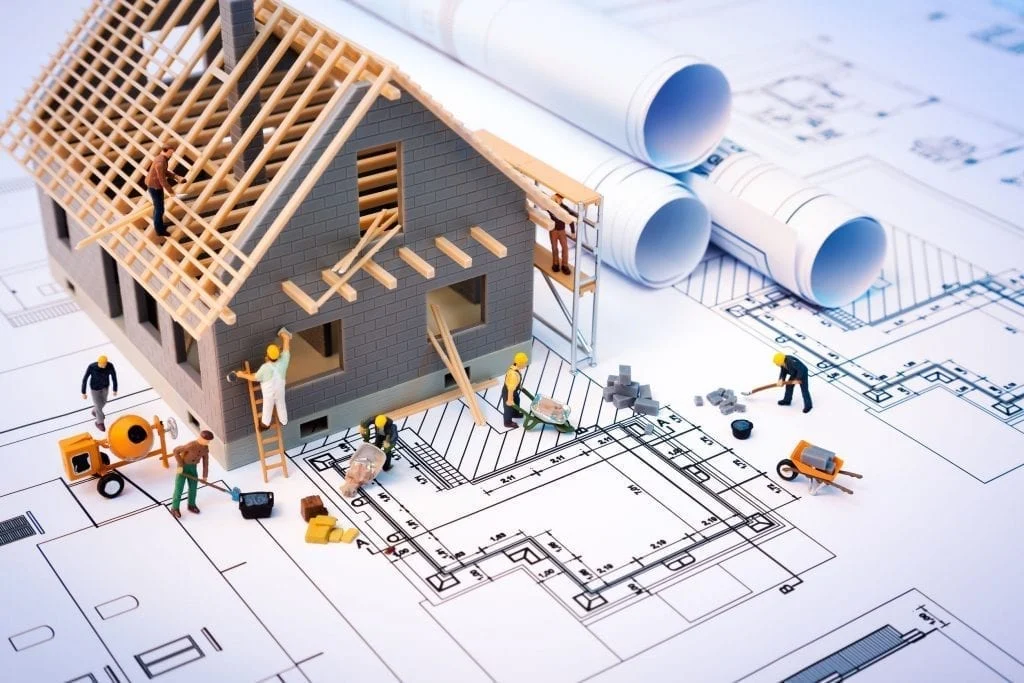
Table of Contents
Real estate development is a lucrative career that combines creativity, strategy, and a deep understanding of market trends. If you have a passion for transforming raw land or neglected properties into thriving communities or profitable assets, this guide will provide a step-by-step approach to becoming a successful real estate developer.
What is Real Estate Development?
Real estate development involves purchasing land or property, improving it, and selling or leasing it for profit. Developers manage the entire process, from feasibility studies and securing financing to construction and final sales. It requires a mix of business acumen, negotiation skills, and a vision for creating value.
Understand the Role of a Real Estate Developer
Before diving into the field, it’s essential to understand what the role entails. A real estate developer:
- Identifies and acquires promising properties.
- Conducts market research to ensure profitable ventures.
- Collaborates with architects, contractors, and financiers.
- Oversees construction and ensures compliance with regulations.
- Markets and sells the developed property.
Develop Essential Skills
To excel as a real estate developer, you need a diverse skill set. Here are the key skills to focus on:
- Financial Acumen: Understand investment analysis, budgeting, and financing options.
- Negotiation: Master the art of securing favorable deals with sellers, contractors, and investors.
- Project Management: Coordinate timelines, budgets, and teams effectively.
- Market Analysis: Learn to analyze market trends and assess demand.
Gain Relevant Education and Training
While formal education is not mandatory, it provides a solid foundation. Consider these pathways:
- Bachelor’s Degree: Fields like business administration, urban planning, or construction management are excellent starting points.
- Certifications: Pursue certifications like CCIM (Certified Commercial Investment Member) or PMP (Project Management Professional) to enhance your credibility.
- Real Estate License: Obtaining a real estate license helps in understanding transactions and building networks.
Build Industry Experience
Hands-on experience is invaluable. Start with roles such as:
- Real Estate Agent: Gain insights into property transactions and client interactions.
- Construction Manager: Learn the technical aspects of building and managing projects.
- Property Manager: Understand property operations and tenant relationships.
Conduct Market Research
Before starting a project, conduct thorough research to:
- Identify high-demand areas.
- Understand local zoning laws and regulations.
- Assess competition and market saturation.
- Evaluate potential ROI (Return on Investment).
Build a Strong Network
Networking is crucial in real estate development. Forge connections with:
- Investors: Secure funding for your projects.
- Contractors and Architects: Ensure quality and timely completion of projects.
- Real Estate Agents: Gain market insights and access to potential buyers or tenants.
- Government Officials: Navigate zoning laws and permits more effectively.
Secure Financing
Real estate development requires significant capital. Explore financing options such as:
- Bank Loans: Traditional loans for property acquisition and development.
- Private Investors: Partner with individuals or groups seeking profitable ventures.
- Crowdfunding Platforms: Use platforms like Fundrise or RealtyMogul to gather funds.
Start Small and Scale Up
Begin with smaller projects to minimize risk and gain experience. For instance:
- Renovate single-family homes.
- Develop small commercial properties.
As you gain confidence and resources, move on to larger, more complex developments.
Understand Zoning and Permits
Each project must comply with local zoning laws and regulations. Research:
- Zoning classifications (e.g., residential, commercial, mixed-use).
- Building codes and safety standards.
- Environmental impact assessments.
Assemble a Competent Team
A successful project depends on a skilled team. Include professionals such as:
- Architects and Engineers: Design and structural expertise.
- Contractors: Oversee construction.
- Legal Advisors: Handle contracts and compliance.
- Accountants: Manage budgets and financial reporting.
Market Your Development
Once your project is complete, market it effectively to attract buyers or tenants. Use strategies like:
- Digital Marketing: Leverage social media, websites, and online ads.
- Staging: Showcase the property’s full potential through professional staging.
- Networking Events: Host open houses or launch events to generate interest.
Learn from Each Project
Every development project is a learning opportunity. After completion:
- Analyze what worked and what didn’t.
- Gather feedback from buyers, tenants, and stakeholders.
- Apply lessons to improve future projects.
Conclusion
Becoming a real estate developer is a challenging but rewarding journey. With the right skills, education, and persistence, you can turn visions into tangible success. Start small, focus on continuous learning, and build a reputation for quality and innovation in the real estate market.
